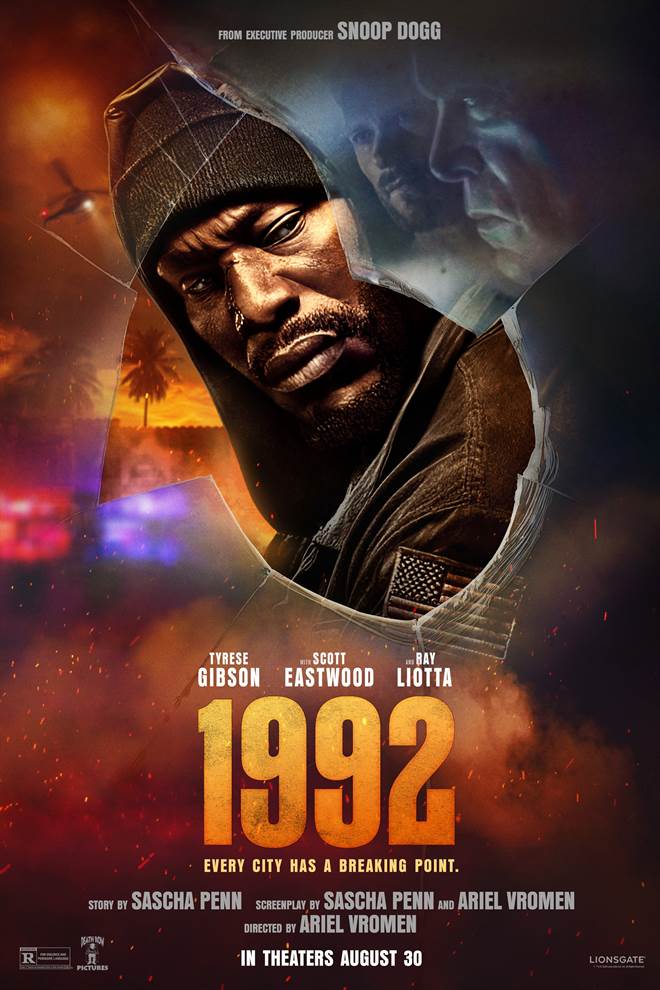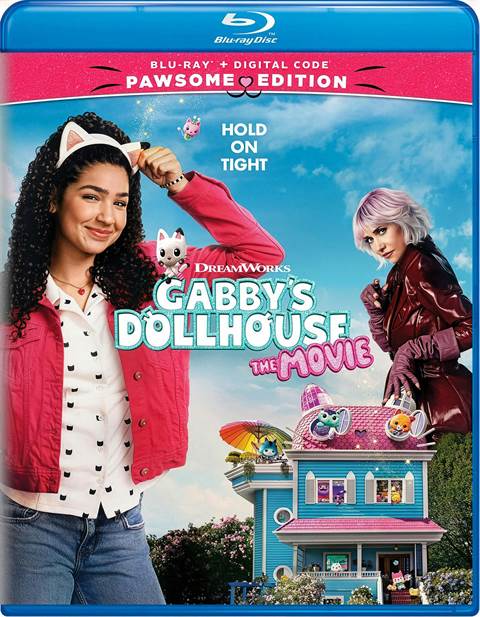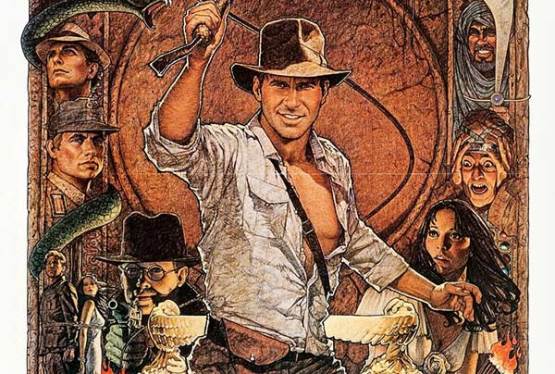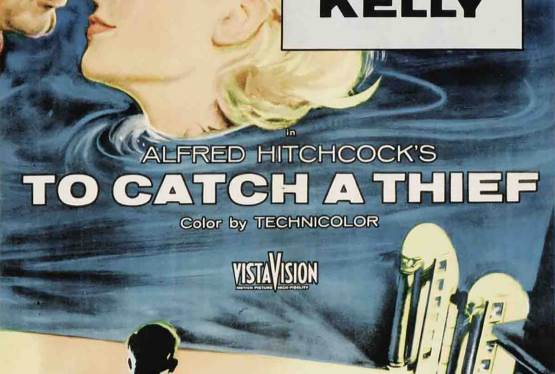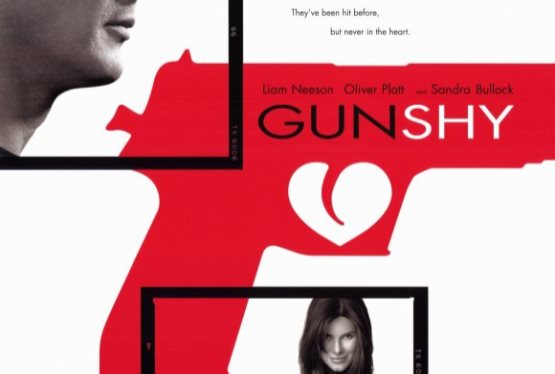The year was 1992. Silence of the Lambs won the Best Picture Oscar while Aladdin was the highest-grossing movie. The number one song that year was "End of the Road" by Boyz II Men, and the biggest-selling album was the soundtrack for The Bodyguard. Racial tensions were high, particularly in California, following the brutal beating of Rodney King, a young Black man, by police officers the previous year. On April 29th, when the four officers involved were acquitted, the L.A. Riots erupted, leading to widespread hate crimes, fires, gun violence, and looting throughout the city. The new movie, 1992, starring Tyrese Gibson (Fast and Furious franchise) and Scott Eastwood (Pacific Rim: Uprising) uses that fateful night as a backdrop for the drama that transpires in the plot.
Mercer (Gibson), a former gang member/ex-convict works in a factory that makes catalytic converters while raising his teenage son, Antoine (Christopher Emmanuel; Black Lightning). Riggin (Eastwood) is looking for one last big score even if it means working with his father, Lowell (Ray Liotta; Goodfellas). However, Lowell is against the idea as Riggin's plan is to steal the precious metal, platinum, used to make catalytic converters from the factory (you see where this is going) that has the security of Fort Knox. But when the L.A. riots begin, Riggin and Lowell see their chance as the police will be preoccupied. But Mercer foils their plan (or does he) when he brings Antoine to the factory to get him off the streets.
While there is the backdrop of a historical event in this movie, the real story revolves around relationships, especially those between fathers and sons. Mercer and Antoine have a strained relationship, as many dads and sons do, because Mercer tends to be very hard on Antoine hoping he will turn out better than Mercer. Riggin and Lowell's relationship is more of a mutual tolerance, but it is obvious there is no love between these two men as Lowell would easily throw either of his sons under the bus before taking the rap himself.
The performances are fairly strong with Gibson trying to keep his barely controlled anger in check. He matured while spending time in jail but also seems as if his spirit has been broken by the experience. Ammanuel matches Gibson scene for scene and has a bright future as an actor. Eastwood is okay, but he struggles with a range of emotions in general, and this role is no different. Liotta is as good as I have ever seen him, which will live on as a fitting tribute to his legacy. The remaining cast is decent if unmemorable.
The screenplay, written by Sascha Penn (Creed II) and Ariel Vromen (The Iceman) and directed by Vromen, is compelling in and of itself but becomes even more dramatic when set around the L.A. riots. The background almost becomes a character in its own right and makes for some interesting scenes, for example, when Mercer and Antoine are pulled over and made to get out of their car simply because of the color of their skin. It offers the audience a different perspective from what they may be used to (especially if the viewer is someone like me).
1992 is a film everyone should see. From the bird's eye view of the riots to the different types of relationships depicted, to the action of the actual heist, it offers audiences plenty to talk about. However, once you've seen it and discussed it, I don't know that a second helping is necessary. It's good, but not great.
Grade: B-

